Interview: Fabien Riggall on 10 Years of Secret Cinema & ROMEO + JULIET
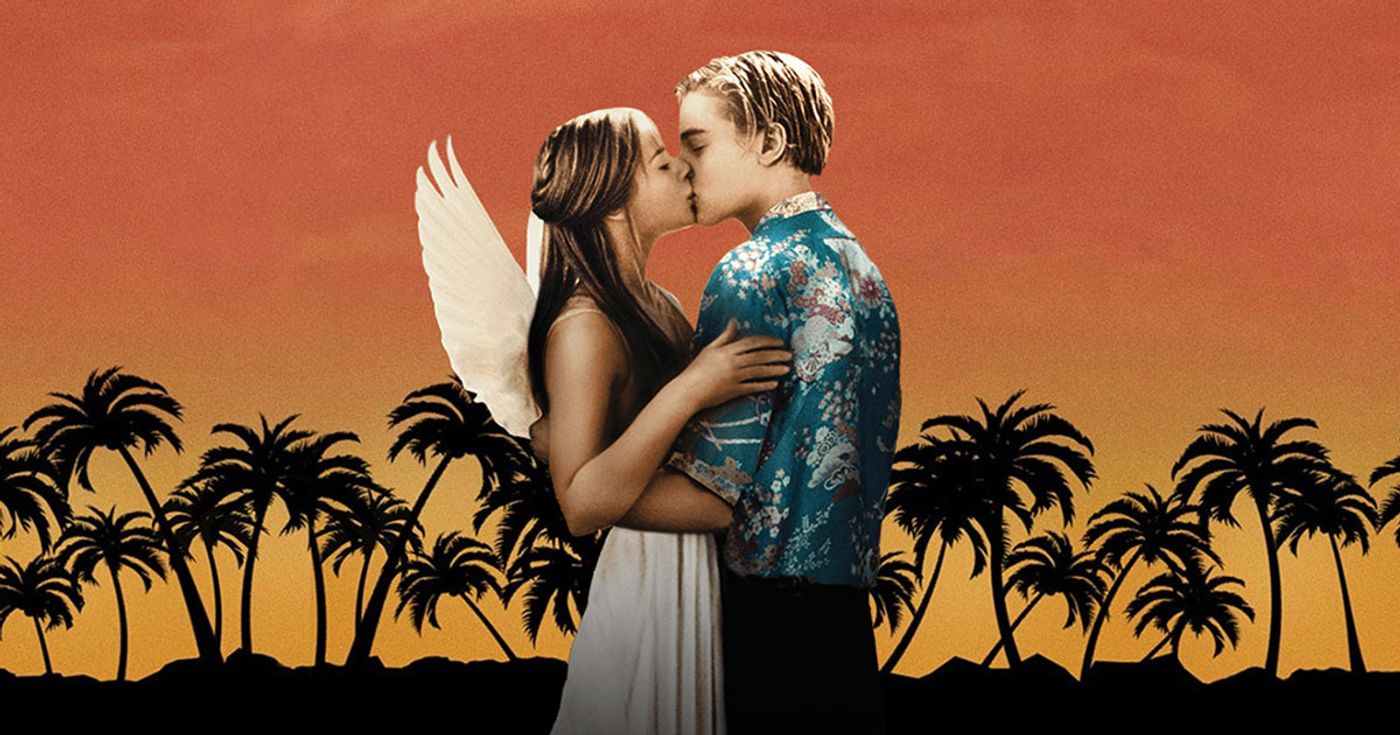
Romeo + Juliet
For over a decade, Secret Cinema has been creating imaginative and immersive worlds for audiences to explore and experience. Combining music, theatre, art and (of course) film, it's an art form and night out unlike any other.
The next world awaits this summer and it's one which "has been on the cards for a long time": Baz Luhrmann's Romeo + Juliet. Founder Fabien Riggall takes us back to the early roots of Secret Cinema, explains why they've chosen this world this year, and looks ahead to the future.
Secret Cinema is an experience which takes people back to their childhood and favourite films. Were movies a particular passion for you from an early age?
Absolutely. I think the idea originated for Secret Cinema when I was only 11 years old. I used to live in Morocco, and I managed to sneak out the house to go to the local cinema. And I bought a ticket to a film I knew nothing about or even what it was.
It was in like an old, dilapidated cinema, and the film came on and it was Once Upon a Time in America by Sergio Leone. It was a very violent, gangster film set in New York in Prohibition times, and the main character was this kid who was about the same age as me.
And I sort of became that kid! I saw that film and it totally blew my mind: epic, cinematic, emotional, ambitious.
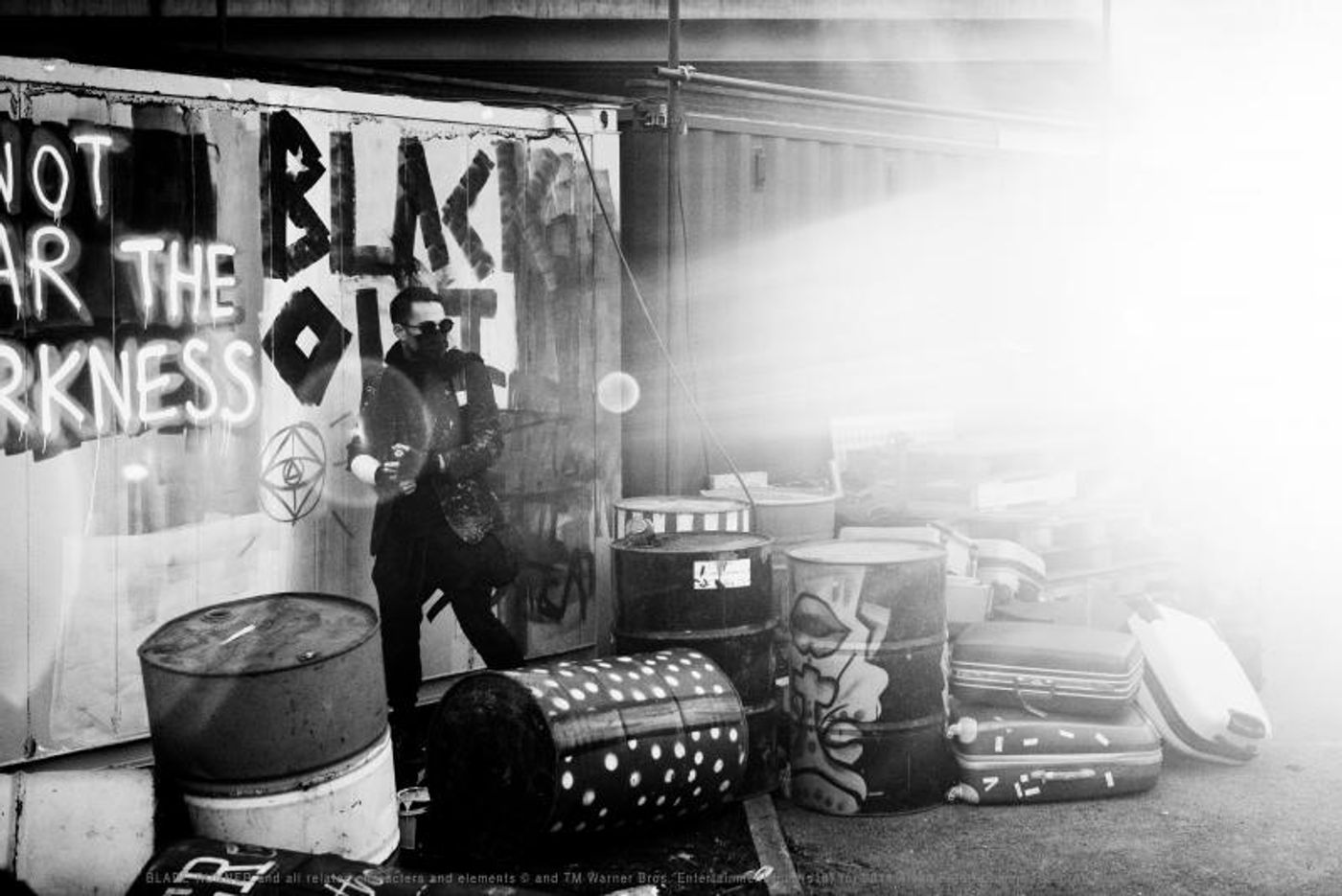
Blade Runner - The Final Cut
At that formative age, it obviously made an impression.
Yes, it had a real impact on me.
And as a child, I think you don't really see the difference between fiction and reality. You're constantly playing and imagining and thinking about the way that things could be. So I think it came from that originally.
That experience of going to the cinema as a child was larger than life: it's almost like you enter the screen. You're transfixed, you're immersed into that. And I think what Secret Cinema does is transform people in a place where they can do that again. Become part of a story, a narrative that they're in charge of (whereas a lot of entertainment can be a spectator relationship).
How did that initial idea then evolve into the form of Secret Cinema?
So I worked in film and I was making short films and going to film festivals, combining films and music and art. And the idea was if we were doing these small events, what if we could create them secretly?
And this was at a time when the internet was growing and that sense of hyper information overload. So the idea of doing something secret where there was absolutely no information, that fuelled the 'what-if' of creating the world of a secret film. Would the audience trust you to buy a ticket to a secret?
And they did!
Were you surprised at just how much people got on board with that concept?
I guess I was surprised at how quickly people took to the idea and trusted our vision, going out on a night and not knowing anything. But I think it was cultural, in that people were looking for something beyond their screen, as it were (cinema, TV or mobiles today). They were looking for an adventure.
And it's natural human instinct to be part of a mystery, to be part of a surprise. When you surprise people and you do it well, there's nothing more powerful.
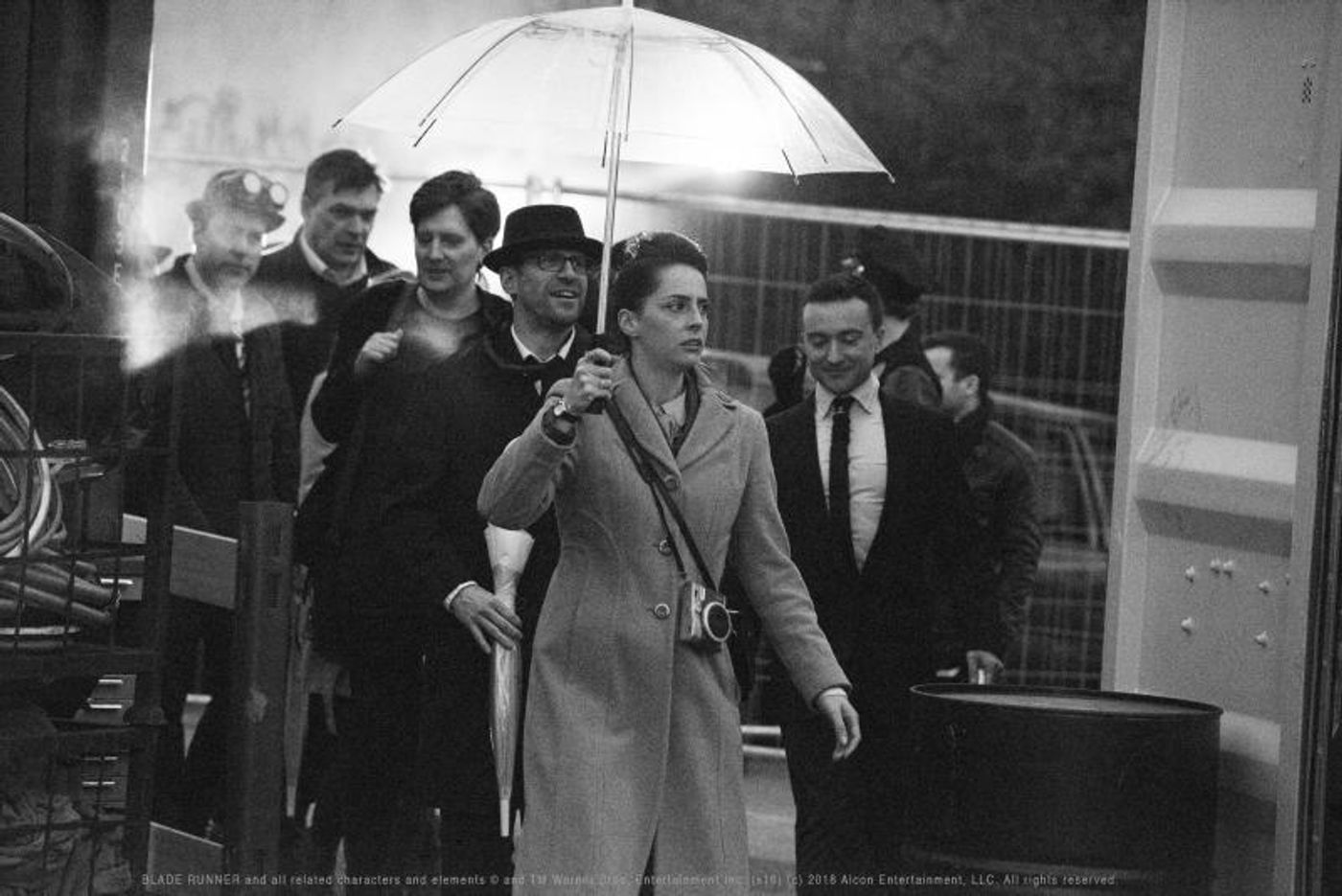
Blade Runner - The Final Cut
And that audience continues to come back and grow, year on year.
Well it's incredible this year, we've just had over 70,000 people attend Secret Cinema presents Blade Runner - The Final Cut, and we have 5,000 people coming every night to Romeo + Juliet ,which is an outdoor festival and runs from 8-25 August - of course in a secret London location.
I think the way that Secret Cinema has grown is creating a balance for our audiences and which is accessible. I am incredibly thankful to my fellow Creative Directors, Lucy Ridley and Matt Bennett, for their continued creative brilliance and ability to make the vision of SC a reality.
There's people's love for movies, the classics: Moulin Rouge, Back to the Future, Star Wars. And then those more provocative and subversive films. Ones which are asking key questions around the justice system, like Shawshank Redemption, and putting the emphasis on mental health with our production of One Flew Over the Cuckoo's Nest.
There's always been a balance in how we curate our events. And I think that's how we've developed audiences and have grown to such a height in terms of audience levels that people trust what we do. They don't just trust what we do, they also trust what they're going to do in it.
And from these films with cult followings, you've got a cult following of yourself now as Secret Cinema.
That was always the intention: to build a community. How can we build a new community, how can we create a new form of cinema where people question: is it cinema? Is it theatre? Is it an event? Is it a club night? Is it a gig? Is it a festival?
So they're questioning that, which keeps the magic of it. But also the idea that we could get 20,000 people to come to a black and white film about terrorism, about the Algerian revolution, that for me is one of the proudest productions because it was a big risk.
The Battle of Algiers was a black and white 1960s film set in Algeria, which we staged during the time of the Arab Spring. I feel we are creating powerful, cultural statements that are provoking the audience to become participants in the story and activists in its message.
It is important in the light of our unimaginative political leaders that we take part in challenging the narrative through staging a real mix of works.
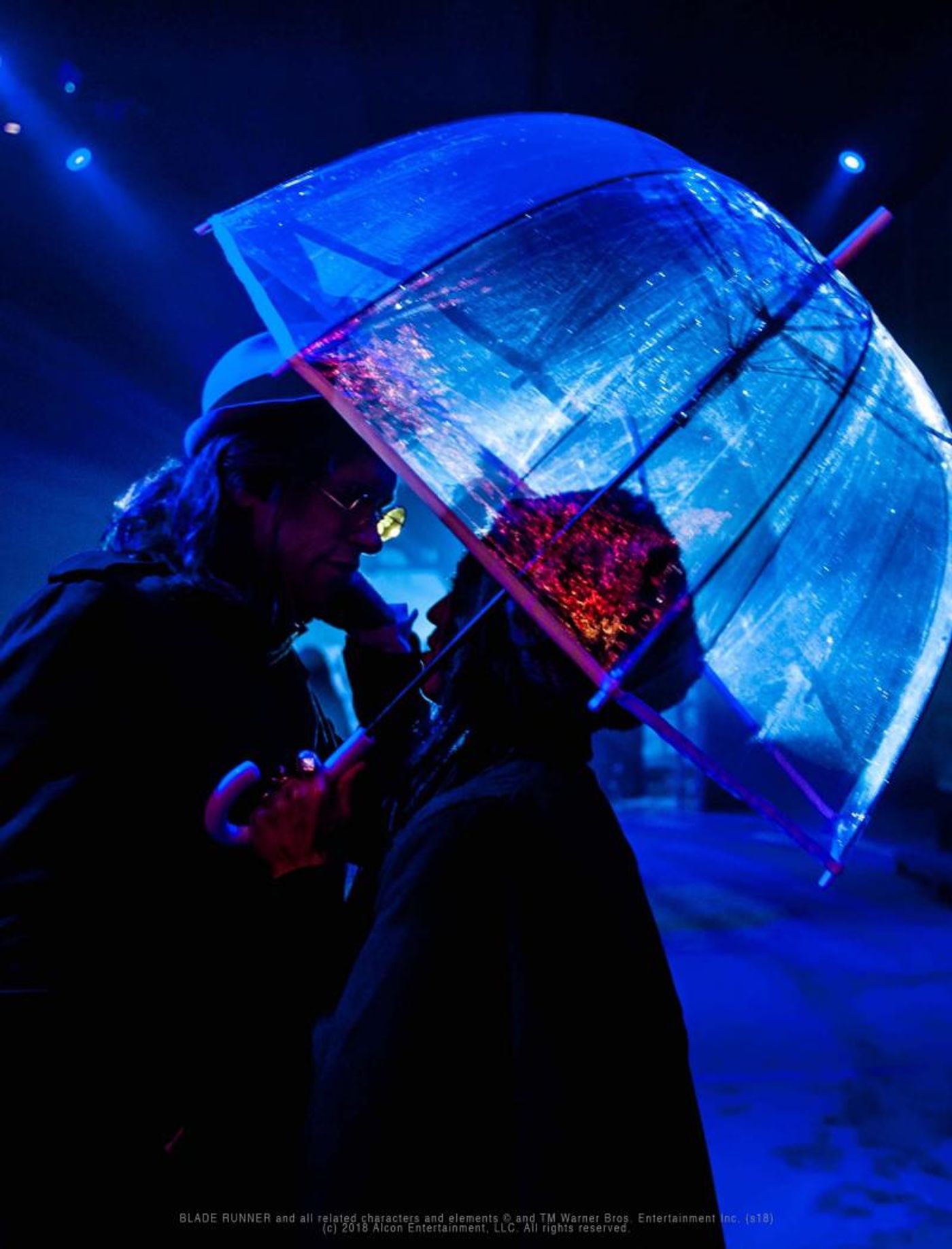
Blade Runner - The Final Cut
The next world which audiences can explore will be Romeo + Juliet. How did the decision come about to stage that?
So the way that it's curated is that we have a really passionate and dedicated creative team, who are constantly exchanging different ideas and thoughts and methods. And the whole team gets involved.
The fact is we did Moulin Rouge last year, but Romeo + Juliet has been on the cards for a long time. And it's just a zesty, colourful, enjoyable, experience-led type of film, which will really suit ourselves and our audiences.
I'm excited for Matt Bennett becoming Creative Director of this show. He has been an amazing part of the creative team of Secret Cinema and I'm excited for how he is taking this world on.
So what fuelled the decision then to do Romeo + Juliet this year in particular?
I think Romeo + Juliet is very timely and relevant right now.
Anything that we do is always connected to some sort of social issue, and I really like the idea that we are supporting a charity - MAC-UK - that is working with young kids to create opportunities and to build new paths away from gangs and violence.
And I think what's going on right now is an epidemic, which is complex. It's due to accessibility, opportunity, and an understanding of disadvantaged communities, which I don't think the Government completely have yet.
So there's two sides to Romeo + Juliet. One: it's an extraordinary film to bring to life, and two: the seriousness of the current situation in London and in other communities around the world, and how it speaks to that. The exclusion of certain parts of society who through no real choice (because they don't have much choice), go into gangs. And you know, every single week there is another death of a young kid.
So it's all those things that come into it, and how would we do it.
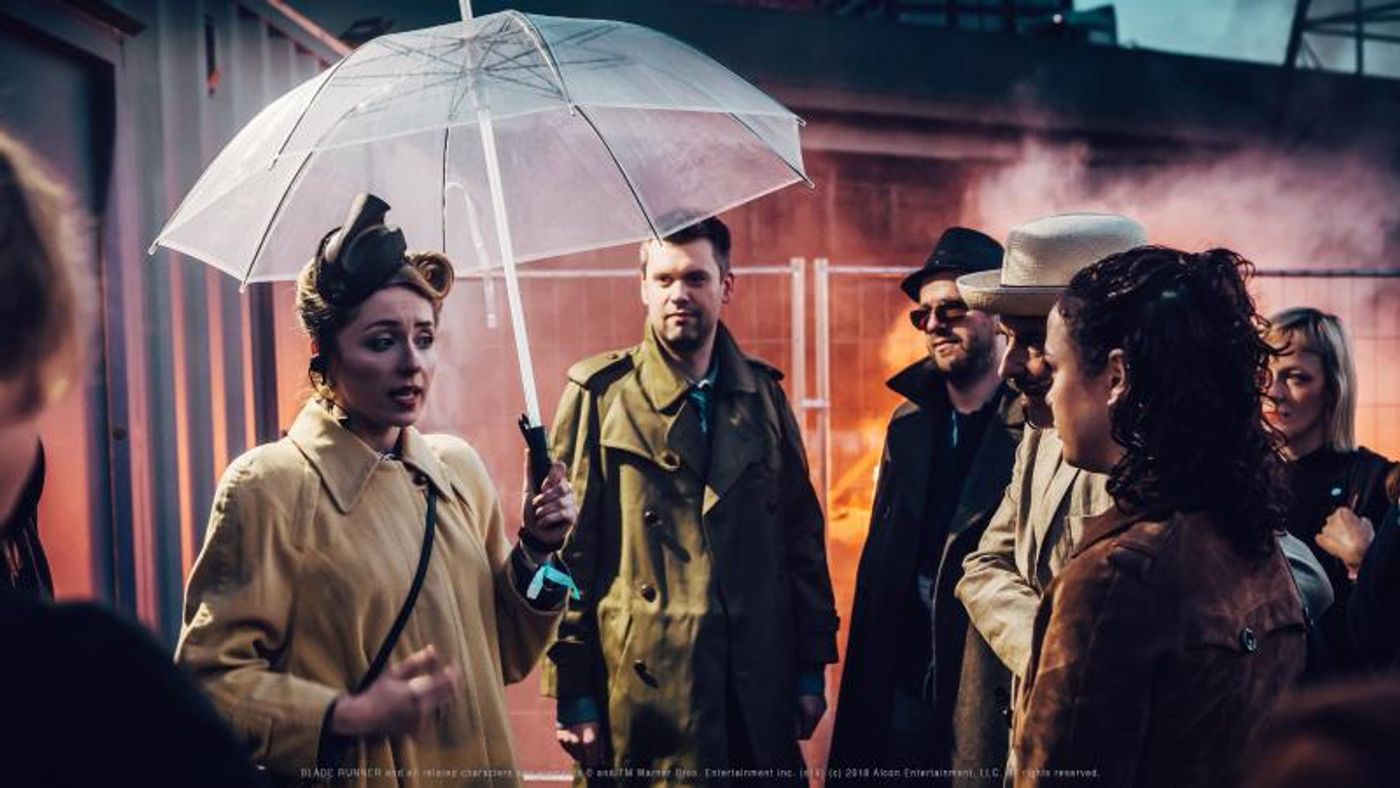
Blade Runner - The Final Cut
It's so clear that you're already putting the emphasis very much on peace and reframing that. Because it could be so easy to glorify that world of violence within the text.
Absolutely. And you know, there is violence that exists. But it's twisting it a little bit to show that actually, most people would see an opportunity for peace over conflict.
So that's a big part of the narrative, that our audiences will come for peace, and will travel through different districts all over London in their wonderful Hawaiian shirts and costumes, celebrating the film and celebrating the sense of peace.
And that's truly powerful, to have 5,000 people each night involved in that narrative; even if it is just a film, it's much more than that. I really believe in culture having a much bigger part to play in the debate around issues. And I believe if there was more investment in young people, to be given more access, and to have more opportunities, then people would choose different paths.
But it's systematic right now, about the way that London is and no one has an idea what to do. But we need to choose new things, new way of how to deal with it.
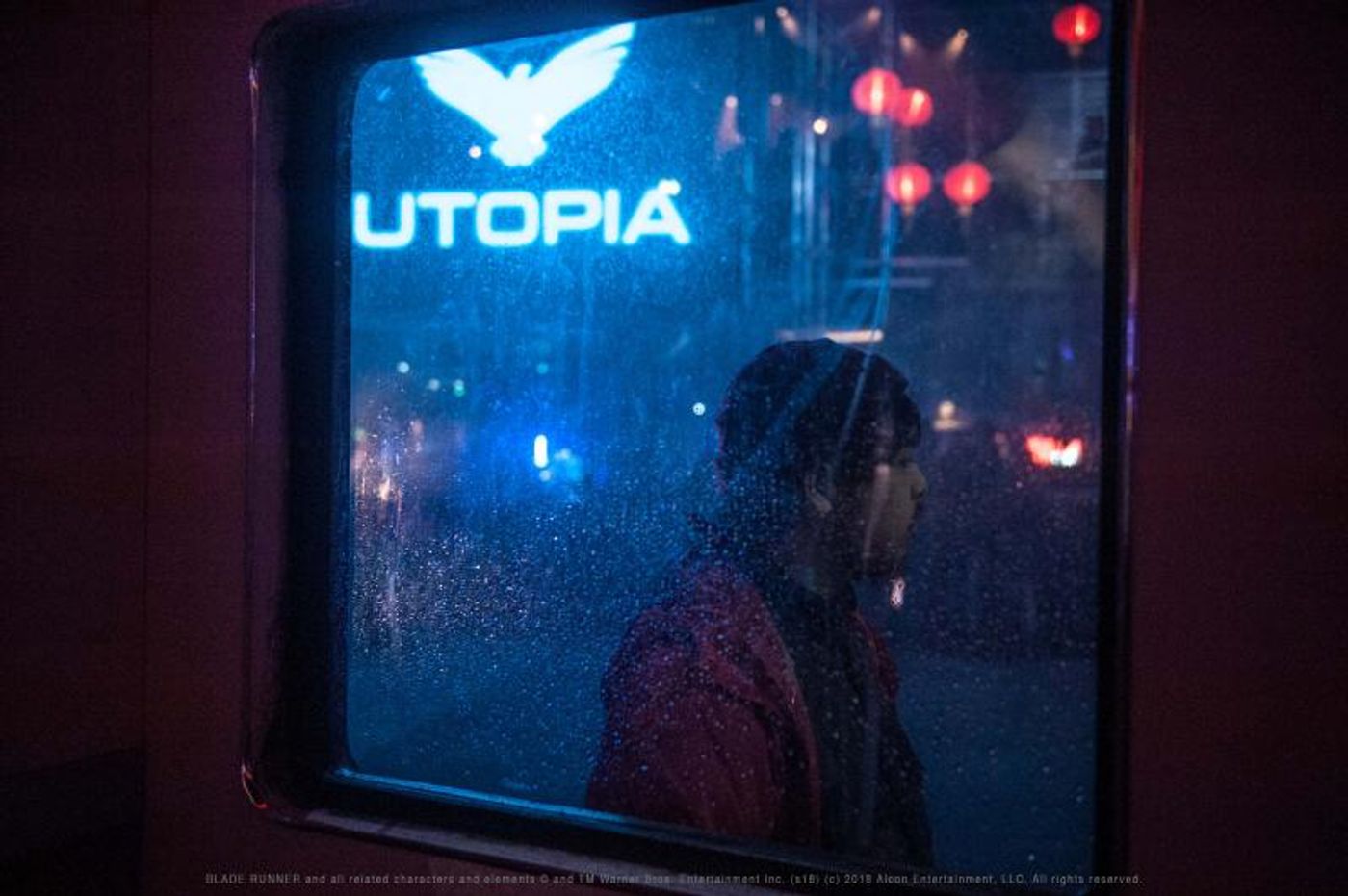
Blade Runner - The Final Cut
Secret Cinema has now been going for over ten years. What are your biggest learnings that you can apply?
I invented the concept of Secret Cinema really with the help of the audience. Because they put their trust in the whole concept, and without that it wouldn't work. And I think what I've really learned is that this is where entertainment is headed.
You know ten years later, 40-odd productions, thousands and thousands of people being transported to all these worlds, I've spent a long time with our audiences. And I'm learning that they don't want to be just audiences anymore; they want to be part of the story.
They want to contribute: they're creative, they're adventurous, they want to be thrilled. So with that in mind for theatre, for music, for films, where are we headed?
I think the whole thing is about to really shift. I think there's a reaction against the sort of automated world that we live in with social media, that people want to be connected to each other without having to go on to Tinder.
And in terms of form, I think Secret Cinema has built a new form that transcends all these different mediums and those barriers between those different mediums are coming down. It doesn't mean that traditional forms - opera, film, theatre, music - that those won't survive. It means they will excel, it will continue them.
Not everybody wants to get dressed up to go to the cinema! But I think there's a celebration of life, people using culture as a way of getting away from the predictable society that we've become in some ways.
So that's the past and the present. What about the next ten years for Secret Cinema?
The focus of our work going forward is to grow Secret Cinema internationally into the US. To start creating a community of people around the world coming together for these events and sharing information between different cultures.
And looking at what we did with restaurants and the creation of Secret Music, we're starting to look at other mediums to disrupt. So we're very much in the process of developing something that will go beyond the film, create worlds that may not have a screening at all. Which is already sort of happening on different shows that we've done. So growing it to that level and exploring how we can keep surprising our fans.
We will keep working hard in creating a secret magical world. Tell No One!
Secret Cinema presents Romeo + Juliet, 8-25 August
Check back next week for our interview with Creative Director Matt Bennett!
Photo Credits: Camilla Greenwell, Laura Little, Luke Dyson
Videos

